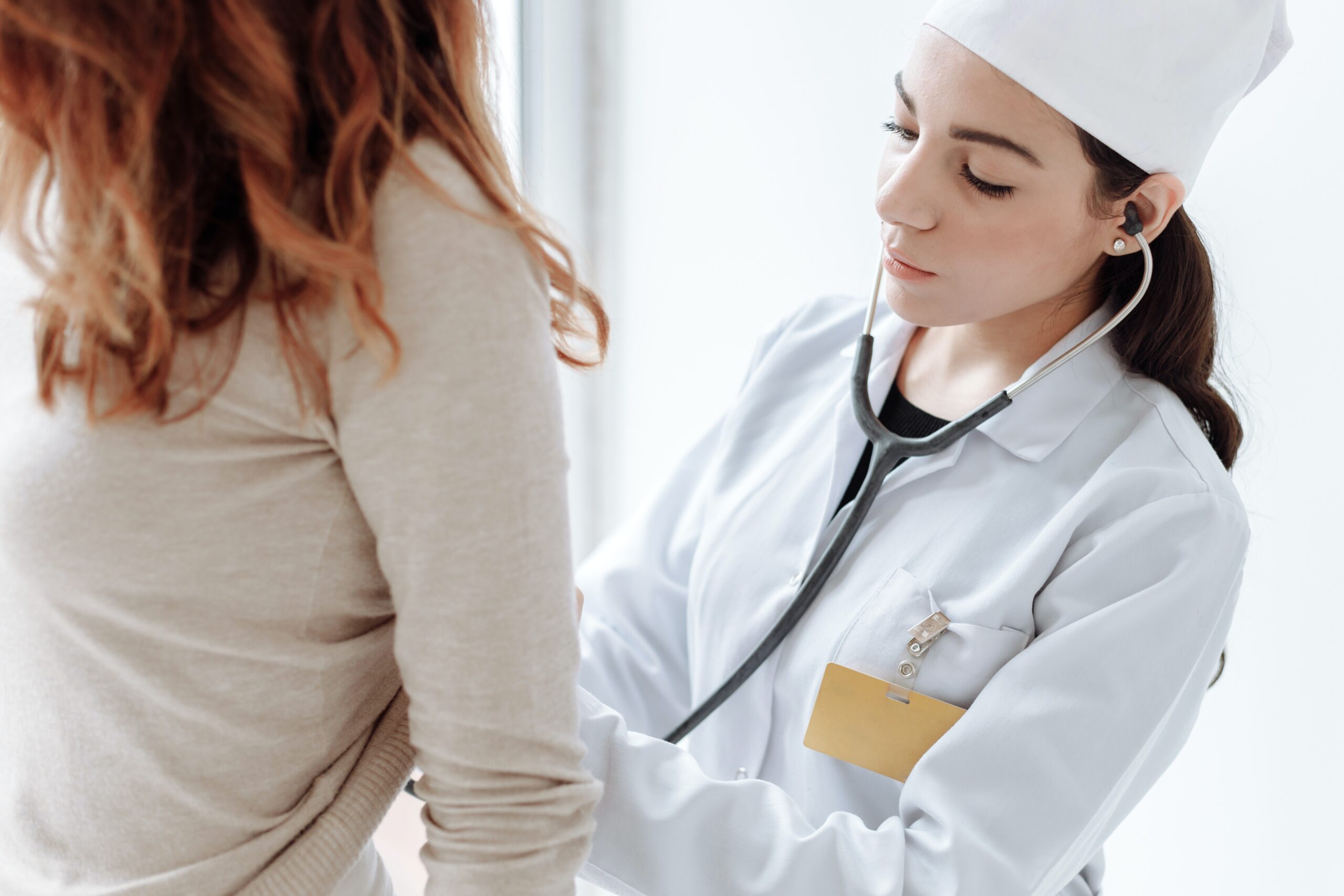Physician Assistants (PAs) play a crucial role in the healthcare system by working alongside physicians and other healthcare providers to deliver comprehensive patient care. Stephanie Marcum Richmond VA is a licensed physician assistant (PA) or physician assistant-certified (PA-C) with ten years of experience working in the medical field. Her previous positions include those in healthcare leadership and administration at many of the most prestigious HCA hospitals. Their roles and responsibilities can vary based on the state, specialty, and setting in which they work. However, here are some common roles and responsibilities of Physician Assistants:
- Patient Assessment: PAs are trained to perform thorough medical histories and physical examinations. They assess patients’ conditions, order and interpret diagnostic tests, and make initial diagnoses.
- Diagnosis and Treatment: PAs can diagnose and treat a wide range of medical conditions. They may prescribe medications, develop treatment plans, and provide patient education on managing their conditions.
- Assist in Surgery: In surgical settings, PAs often assist surgeons during procedures. They may help with tasks such as suturing, wound closure, and tissue manipulation.
- Order and Interpret Tests: PAs can order and interpret laboratory tests, imaging studies, and other diagnostic procedures to aid in diagnosing and monitoring patients.
- Medication Management: They can prescribe medications, including controlled substances, in many states. They monitor patients for potential side effects and adjust medications as needed.
- Counseling and Education: PAs provide patient education on medical conditions, treatment options, and preventive measures. They counsel patients on lifestyle changes, nutrition, and medication adherence.
- Emergency Care: In emergency medicine, PAs work alongside physicians to stabilize patients, perform life-saving procedures, and manage acute medical conditions.
- Collaboration: PAs collaborate closely with physicians, nurses, and other healthcare professionals to coordinate patient care. They participate in interdisciplinary team meetings to discuss treatment plans.
- Documentation: They maintain detailed patient records, including medical histories, examination findings, treatment plans, and progress notes.
- Follow-Up Care: PAs may provide follow-up care to monitor patients’ progress, adjust treatment plans as needed, and ensure continuity of care.
- Specialty Care: Some PAs specialize in areas such as dermatology, cardiology, orthopedics, psychiatry, or surgery, where they have specific expertise and responsibilities related to their chosen specialty.
- Patient Advocacy: PAs advocate for their patients’ needs and preferences, ensuring that they receive appropriate care and support.
- Research and Quality Improvement: In some settings, PAs may be involved in clinical research or quality improvement initiatives to enhance patient care.
- Health Promotion: They promote preventive care and wellness by conducting screenings, immunizations, and health assessments.
- Administrative Duties: PAs may have administrative responsibilities, such as managing patient schedules, coordinating referrals to specialists, and assisting with healthcare policy compliance.
It’s important to note that the specific scope of practice for PAs can vary by state and is often determined by state laws and regulations. PAs work under the supervision of a licensed physician, but the degree of oversight and the specific tasks they are allowed to perform can differ. Additionally, PAs may have different roles and responsibilities depending on their specialization and the healthcare setting in which they work.
